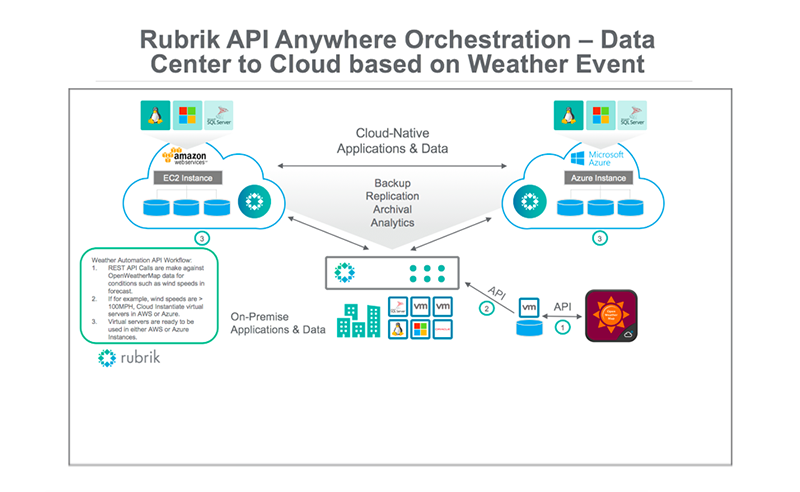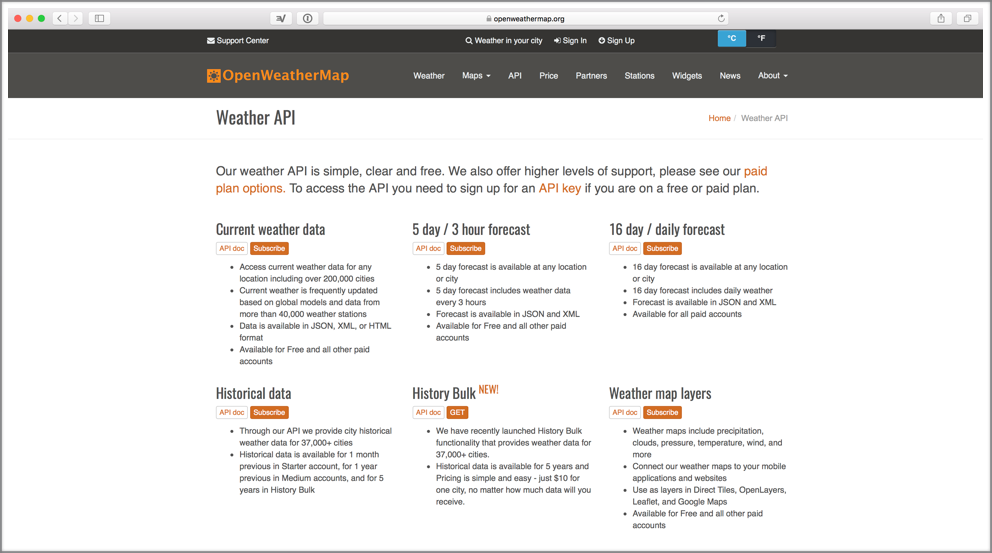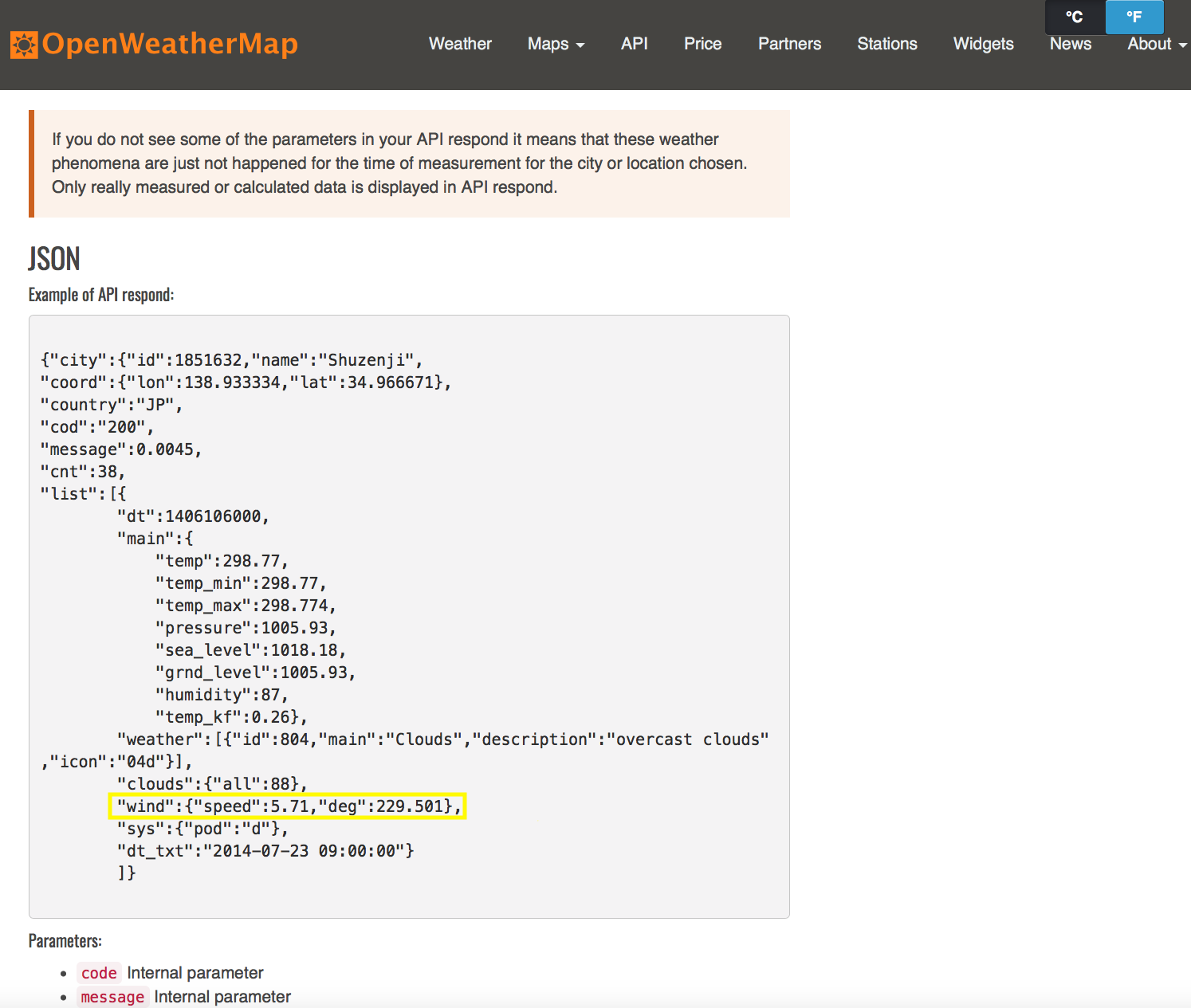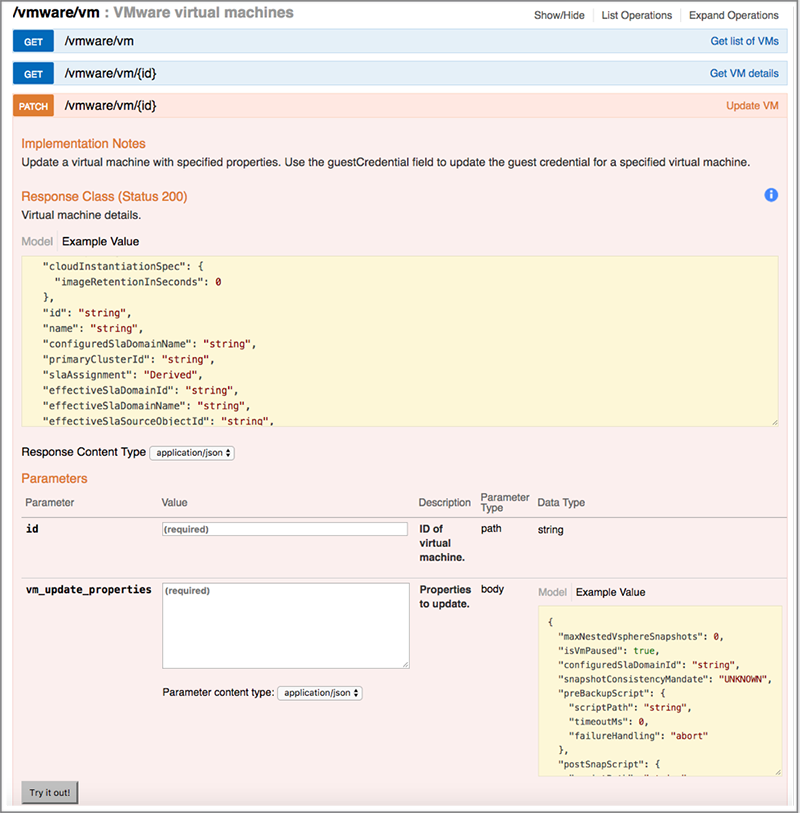Information is knowledge — we’ve known that for centuries. When it comes to meteorological events, the more informed you are about them, the more preparation you can take. This especially holds true in our data-driven era in which a service outage can be detrimental to a business.
One example of this is during a hurricane. Suppose a hurricane is headed to your state, with forecasted winds great than 100 MPH. You’d enter “high alert mode” and take every precaution necessary to protect your family and valuable possessions. What if this same human instinct could be orchestrated in your on-premises data center — without you having to even think about it? That’s where the power of API comes in.
Rubrik places simplicity at the forefront, which is one reason our engineers chose to create an API-first architecture. Even our HTML5 interface consumes API endpoints. Our rich suite of RESTful APIs makes it easy to create customized workflows, and both our customers and partners have wowed us with their creativity.
Rubrik’s API-first architecture goes beyond automating day-to-day data protection. It offers intelligent data management that can be leveraged for predictive capabilities, self-service, and more.
I’m honored to call Florida my home and Puerto Rico my homeland. Along with many others, several states were affected by this summer’s hurricanes. I have experienced firsthand the power of our API. I’ll walk you through how I used Rubrik’s API for proactive automation during such forecasted natural disasters.
APIs and Proactive Data Protection During Natural Events

Rubrik’s API-first architecture allows you to orchestrate changes in your environment intelligently by making decisions based on a multitude of sources. In the above example, a VM in the middle of an on-premises environment and OpenWeatherMap API interact so that if, for example, city winds where the data center resides are forecasted to be greater than 100 MPH, Rubrik can pre-stage and CloudOn VMs in either Amazon AWS or Microsoft Azure instances. In addition, the API is flexible, meaning you can use the programming language you’re most comfortable with.

To get started, easily integrate with the OpenWeatherMap API, which offers both free and monthly subscription plans to access current weather data. You can also select the forecast frequency that best fits your needs.

For your API call, there are plenty of documentation and sources of meteorological events to use — from weather alerts to current weather data based on a city, zip code, or geographical location.
I wanted my API call to respond to severe weather conditions in my area, as shown above. I used an OpenWeatherMap API JSON call to monitor wind speed. As the call is made, I get the current wind speed for a specific longitude and latitude — my data center in this case.
One major benefit is that the Rubrik appliance – virtual, physical, or cloud — contains out-of-the box REST API calls. No proxies required or bolt-on software. Just point to it, make the REST API call, and done!

Next, I leveraged Rubrik to respond to certain conditions. The above example functions so that if forecasted winds in a specific geographical area are estimated to reach 100 MPH (hurricane speeds), Rubrik enables CloudOn on selected VMs that have been archived and/or replicated to Amazon AWS or Microsoft Azure. The on-premises data center might go offline due to power outages, but servers will be ready to take a failover workload in public cloud environments and keep it safe.
This is just one of many examples of how Rubrik’s RESTful API can be used as a strategic tool in your data management approach. With Rubrik, I knew that my data was protected even under harsh conditions so that I could focus on supporting my family and community during these times.
Want to help victims affected by Hurricane Harvey (Texas), Irma (Florida) and Maria (Puerto Rico)? Please consider donating to the American Red Cross.
